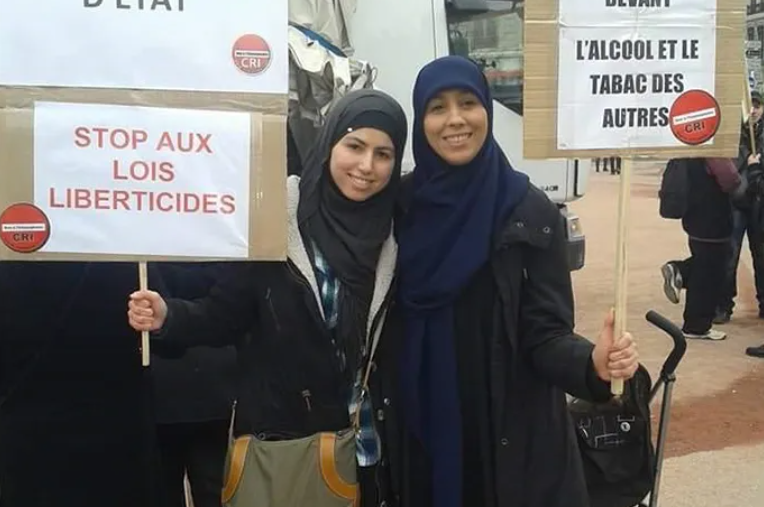
The statements of a Belgian minister about the occupation's violations against the Palestinians and the killing of children raise a diplomatic crisis with Israel.. and Guinness confirms that she does not regret her statements
The statements of the Belgian Minister of Cooperation and Development, Caroline Guenez, about Israel's violations against the Palestinians, sparked a diplomatic crisis with Tel Aviv,...






































